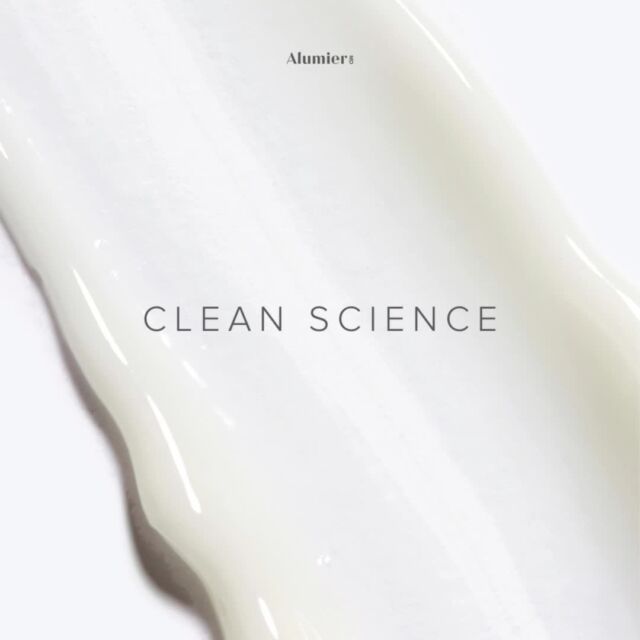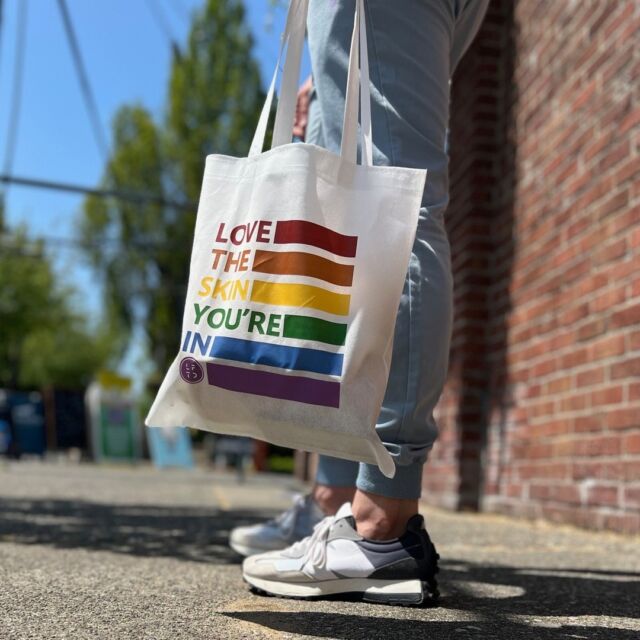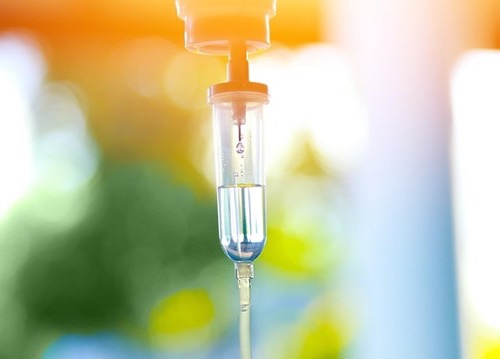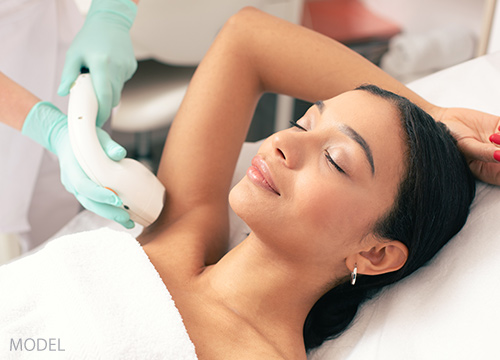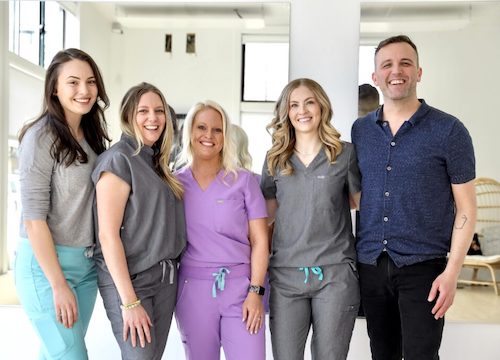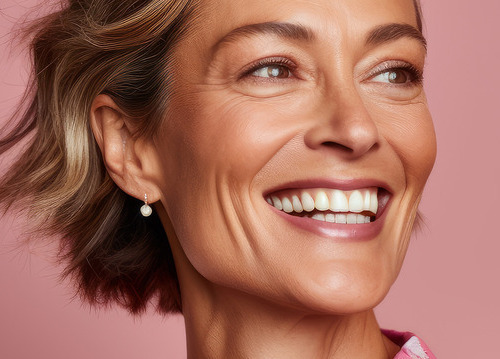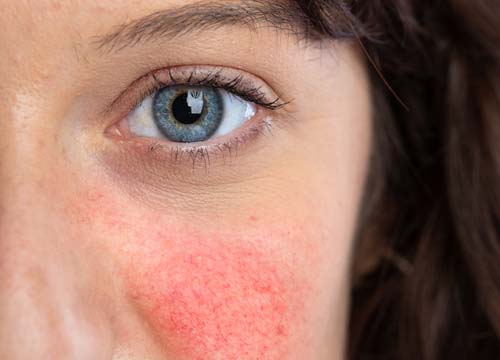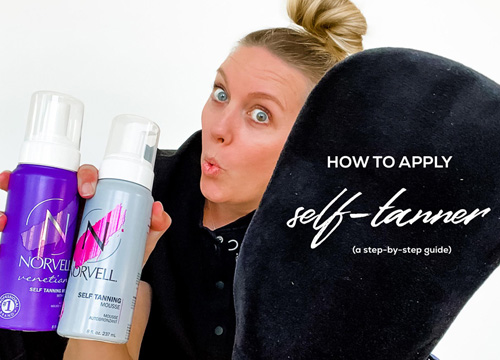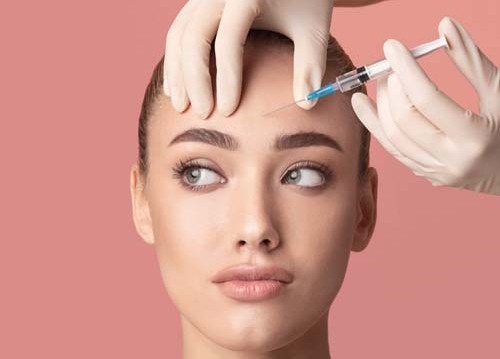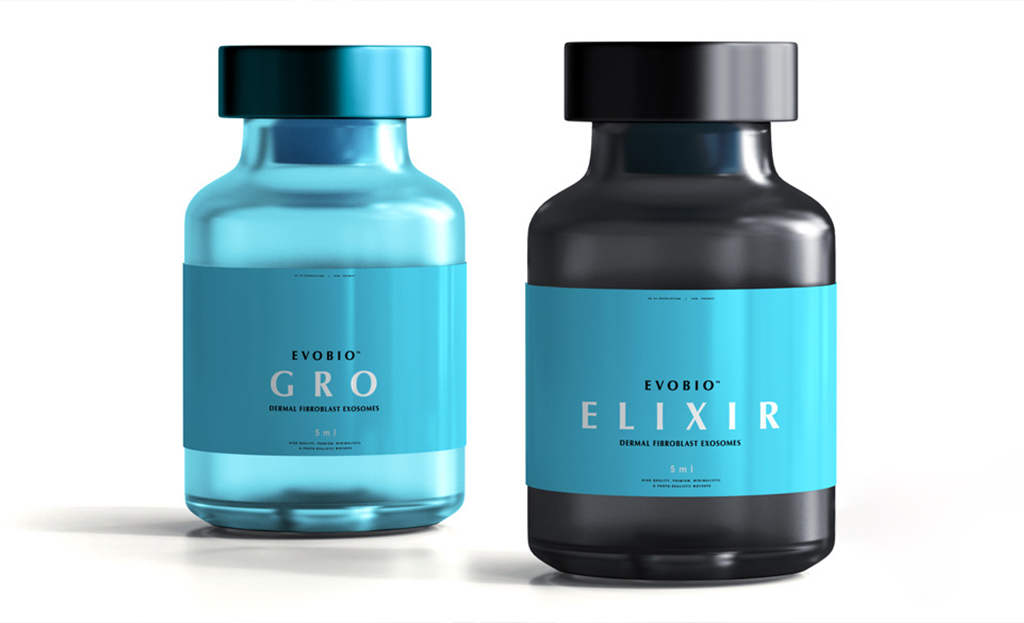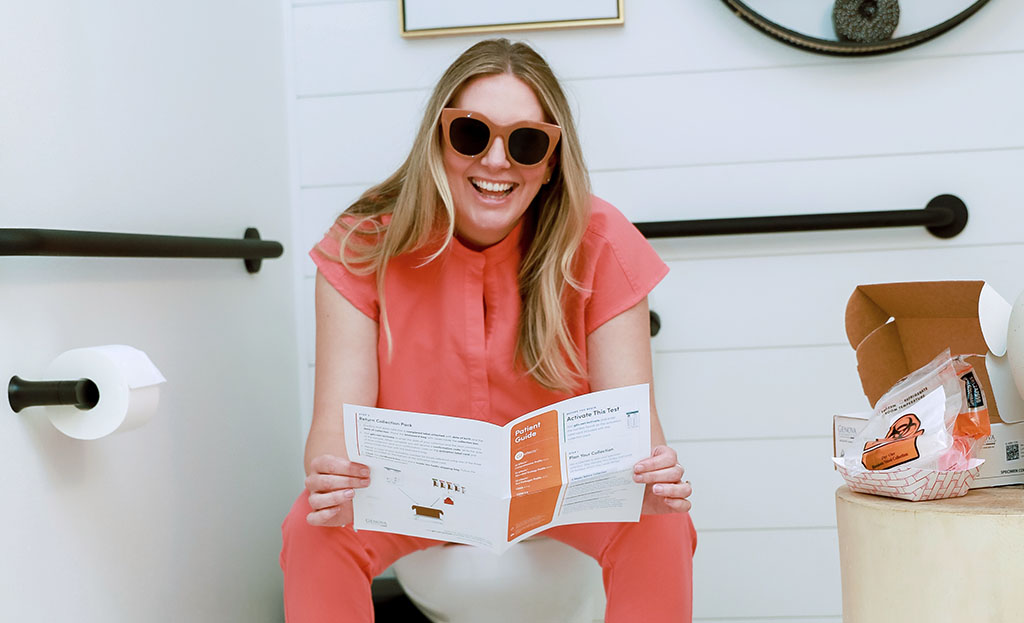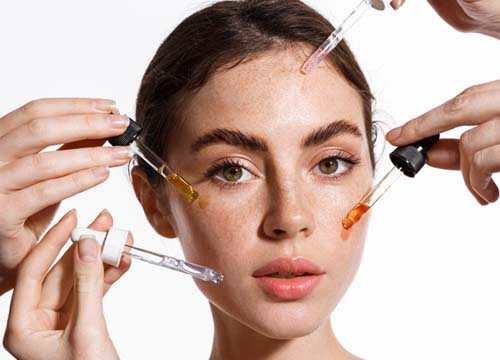
It is quite simple. If you read no further in this article, all you really need to know is:
MEDICAL-GRADE SKINCARE HAS THE BEST INGREDIENTS, IN THE PUREST FORM, AT THE APPROPRIATE STRENGTH, IN THE CORRECT COMBINATIONS, WITH DELIVERY SYSTEMS, BACKED BY CLINICAL STUDIES, SELECTED FOR YOUR SKIN BY SKINCARE EXPERTS.
But if you are trying to sort out the difference between real results and powerful campaigns, we have the full scoop. Read on to find out if you’re making the mistake of purchasing the wrong skincare.
Top 5 Reasons to Use Medical-Grade Skincare:
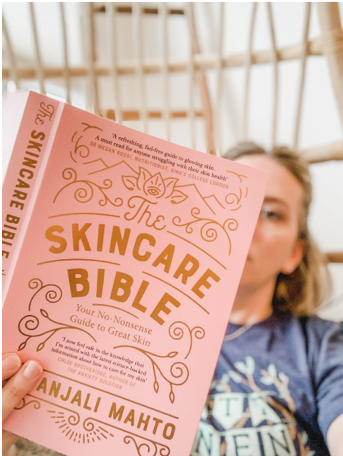
1. Medical-grade skincare comes with the advice of licensed skincare professionals
In my opinion, this is the #1 reason to use medical-grade skincare versus over-the-counter. Everyone’s skin is different. What works for your sister, friend, mother, and influencers you follow on social media might not be what your skin needs. When purchasing skincare at Lifted you can feel confident that the products we recommend are going to work to address your skincare needs.
I personally research and vet every skincare line and product before it enters our spa to give it my stamp of approval. If you’ve ever met me, you know that I am a skeptical science nerd skilled at researching. I actually enjoy reading clinical studies, white papers, and medical journals. I am committed to only offering the safest, proven skincare technologies available.
2. Quality, active, pure, dosed ingredients
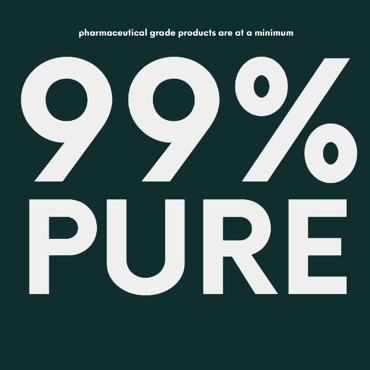
Can anyone find information on where Trader Joe’s sources their ingredients and the delivery mechanism they use? I can’t, I’ve spent countless hours searching big name brands to find the answers and I always come up with “0” returned results. Medical-grade or pharmaceutical-grade products are required to contain ingredients that are 99% pure. Products that are purchased at department stores, drug stores, or on Amazon are not held to the same standards. They may contain fillers. Medical grade skincare is made from quality ingredients harvested at their prime and produced in labs that make small batches ensuring the efficacy of the product.
We’ve all heard of the important active ingredients recommended for healthier skin: retinoids, vitamin C, antioxidants, and the list goes on and on. Medical-grade skincare products have higher concentrations of active ingredients. If there is an active ingredient in an over-the-counter cosmetic product, there just may not be enough of it to have an effect, or it may take much longer to get an effect.
We want skincare products tailored to our specific skin type, right? If you’re not buying your products from a medical professional, you’re self-diagnosing. So, in the over-the-counter world, products have to work broadly on all skin types. With a medical-grade regimen tailored thoughtfully to your individual skin, product combinations suitable for your specific skin type and condition can be assembled to achieve your desired results.
3. Delivery systems
The example I use all day long is… “You can place an orange on your face but that doesn’t mean your skin is receiving vitamin C.” The mechanism in which the key ingredients are delivered is key. So many over-the-counter skincare products simply sit on the surface of your skin. Delivery systems are like GPS for skincare ingredients. They drive the ingredients into the layers of the skin where they can be put to work. So, if you are using an over-the-counter product there is a chance that the key ingredient is just chilling out on the outermost layer called the epidermis and is never put to work because they barely penetrate to the deeper levels.
Pharmaceutical or medical-grade skincare products are formulated to be delivered to the dermis. This is where the collagen-producing cells live. To make any real changes to the skin, the deep dermis has to be impacted.
4. Clinical studies support the efficacy of each product

Blinded, randomized, and controlled clinical studies have been done using market-ready products, on actual humans, to support the safety and efficacy of the products. Medical-grade skincare products must have clinical research studies to back up any claims about their benefits. This means that if the product claims it can reduce fine lines and wrinkles by 24% there is a quantifiable test that was performed to calculate this, not just someone’s “personal opinion”. Products are not based on one trendy ingredient but are formulated to work synergistically to promote healthy skin. On the other hand, over-the-counter skincare products do not need to have clinical studies or research behind their claims.
Medical-grade skincare products have FDA oversight. And by the way, the FDA only considers two types of categories – cosmetic, and pharmaceutical grade (contrary to popular belief there is no such thing as a cosmeceutical, under FDA law).
Most companies use the claim “dermatologist tested and approved” or even “clinically proven” loosely. Dermatologist tested simply means a dermatologist reviewed the product in some way, possibly trying it on themselves or on their patients. But it does not mean much beyond that and does not say if they experienced a negative reaction. When it comes to clinical studies, often the data points companies reference are things such as “X% of women saw an improvement.” What they don’t talk about is whether those changes are scientifically valid by taking out the bias of what is called the “placebo effect.” Scientifically valid studies must try to remove this bias, whereas patients think they look or feel better simply because they are using something — regardless of if what they are using has any activity at all. True clinical studies try to take out as much bias as possible and do this by adhering to certain standards like having trained clinical investigators and creating a point of comparison with placebos to prove efficacy.
5. Medical-grade ≠ expensive
Everyone automatically assumes that medical-grade skincare is synonymous with expensive; “It’s going to cost an arm and a leg”. Here is a quick comparison for you. A 2.0 fl oz jar of the cult favorite La Mer costs $360.00 whereas a 1.7 fl oz container of Epionce Renewal Cream costs $98.00. Don’t believe me? Do a quick Google search.
You also must consider the piles of money wasted on over-the-counter products that you purchase and stop using, simply because they don’t work, leaving you frustrated and disappointed. The product graveyard in your bathroom is proof!
Because the active ingredient concentrations are higher, and they penetrate the dermis, generally you’ll need to use less product to achieve great results. With medical-grade products, you might use a pea-size amount rather than a teaspoon.
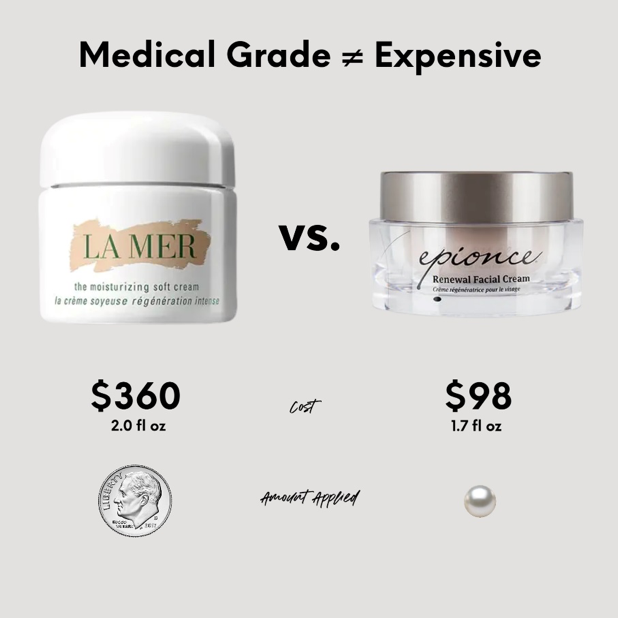
What Is Medical Grade Skincare Versus Over-the-Counter Skincare?
Now that you understand the “whys” you might be wondering where the products you are using fit into the skincare pyramid. First, let’s define medical-grade skincare versus over-the-counter skincare.
Over-the-counter skincare encompasses beauty counter skincare (department store) and multi-level marketing skincare too, but we largely think of products that are sold at drug and grocery stores like Target, CVS, Walgreen’s, Rite-aid, and Trader Joe’s. Examples of over-the-counter products are Neutrogena, Cetaphil, CeraVe, la Roche-Posay, Oil of Olay, and Trader Joe’s. Typically, television and magazine ads, as well as influencer posts are driving you to make these purchases. The brands will use language such as “Dermatologist Approved” to imply that doctors think it is a great skincare product. I don’t believe all over-the-counter skincare is bad. There are several lines I recommend based on your skincare needs and budget.
Beauty counter skincare is typically defined as skincare you can purchase at a department store such as Sephora, Nordstrom, Macy’s, Ulta, etc. Examples of beauty counter skincare are Kiehl’s, La Mer, SuperGoop, Youth to the People, The Ordinary, CLINIQUE, Estee Lauder, Paula’s Choice, and Drunk Elephant to name a few. Not only do these stores have large marketing teams but the sleek packaging and campaign budgets of the skincare companies can compel you to make some emotional purchases. I mean who doesn’t want the beautiful Glossier packaging to line their medicine cabinet? While these stores have employees that can answer your questions about the line, they are not necessarily licensed skincare providers that understand the science of great skin. These products are often more expensive than medical-grade skincare without the efficacy. I’d urge you to search your favorite beauty care line’s website to see if you can find any clinical studies that prove their products work. Good luck.
Multi-level marketing skincare such as Rodan + Fields, Avon, Arbonne, Mary Kay, and Beauty Counter are the lines that make me the most frustrated. They rely on network marketing. This is exactly how you get sucked into buying something because you want to support your friend or “it worked really well for so and so” situation. I have never in my life met a Master Aesthetician that sells one of these lines. While I believe in supporting the women in my community, I just can’t get behind someone who is dabbling in skincare being the person you go to for expert advice. Whereas medical-grade skincare, also known as Mediceuticals, but classified as pharmaceutical-grade by the FDA, can only be sold by a credentialed medical spa and medical practitioners that are verified and approved by the specific skincare vendor. The vendors require ongoing training to ensure those representing and prescribing their line have a deep understanding of science and when a product should be used.
To Wrap It Up
So, what is the moral of my rant? I beg you, please STOP being so skeptical of a licensed medical aesthetician making skincare recommendations for you and START being skeptical of what you hear and see in the media and from influencers. We are not here to sell you products that don’t work. We are here to find a skincare routine that will impact your overall skin health and leave you glowing. When selecting skincare products, you need to understand what each ingredient treats, how the ingredients will interact, if they are safe your skin type and lifestyle, and assess what internal and external factors might be impacting your skin concern. Find experts in the industry you can trust to understand the science of skincare and who are assessable to you when you have questions or your skin changes.
I’m passionate about skin health. Like everything in life, there’s no one-size-fits-all skincare regimen and you can’t get something for nothing! Am I suggesting that medical-grade products are always superior? Absolutely not. The best solution for an individual may be to mix and match medical-grade and over-the-counter products. All of our new clients receive a complimentary virtual visit and suggestions for ongoing skincare at our medspa in Seattle, WA. This never involves hard-selling. We can’t wait to meet you!
Xoxo,
Beth



